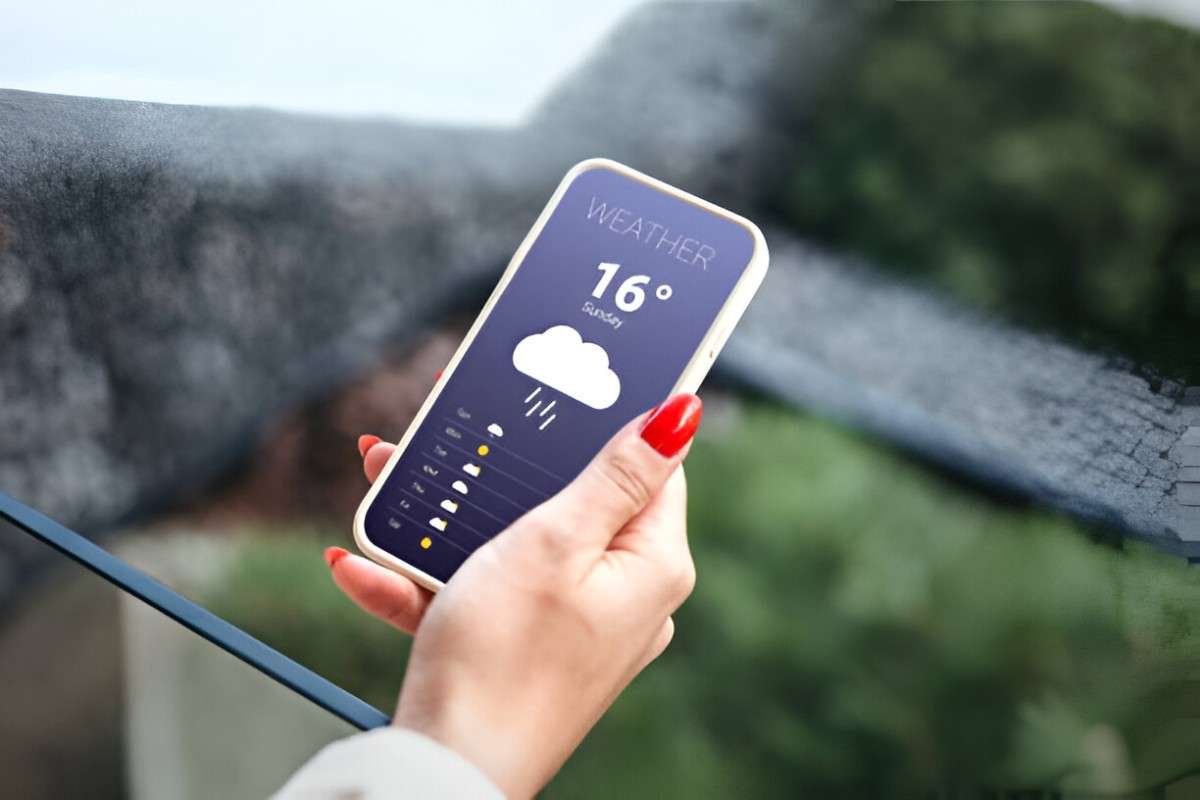Weather plays a crucial role in our daily lives. Whether planning a trip, heading to work, or preparing for outdoor activities, knowing the weather forecast helps us make informed decisions. With the advancement of technology, we have access to numerous weather apps that provide accurate forecasts and timely alerts. I’ve researched and tested several apps to find the best ones for weather forecasting and alerts. In this article, I’ll share my insights and provide a comprehensive comparison of the top weather apps available today.
Table of Contents
What to Look for in a Weather App
Choosing the right weather app depends on several factors. Here are some key aspects to consider:
- Accuracy: The most important factor is how reliable the forecasts are.
- Features: Look for features such as hourly updates, severe weather alerts, radar maps, and extended forecasts.
- User Interface: A clear and easy-to-navigate interface enhances usability.
- Customization: Options to personalize alerts and notifications are helpful.
- Battery and Data Usage: Some apps consume more resources than others.
Top Weather Apps for Forecasting and Alerts
I’ve analyzed and compared some of the best weather apps based on the criteria mentioned above. Below is an overview of their features, pros, and cons.
1. The Weather Channel
The Weather Channel app offers detailed forecasts, including hourly, daily, and 15-day projections. It provides radar maps and real-time alerts for severe weather conditions.
Key Features:
- Real-time severe weather alerts
- Interactive radar and satellite maps
- Pollen and allergy forecasts
- Smart notifications based on location
Pros:
- Highly accurate forecasts
- Comprehensive radar features
- Detailed news and insights
Cons:
- Ads can be intrusive in the free version
- Heavy on battery usage
2. AccuWeather
AccuWeather is known for its MinuteCast feature, which provides minute-by-minute precipitation updates for a hyper-local area.
Key Features:
- Hyper-local weather predictions
- Real-time severe weather alerts
- Customizable notifications
- Lifestyle forecasts
Pros:
- Very precise precipitation alerts
- Clean interface
- Detailed weather insights
Cons:
- Some features require a premium subscription
- Occasional inaccuracies in long-term forecasts
3. Dark Sky (Now Part of Apple Weather)
Dark Sky was famous for its hyper-local weather predictions and beautifully designed interface. Apple integrated it into their weather system.
Key Features:
- Minute-by-minute weather updates
- Detailed weather visualization
- Smart notifications
Pros:
- High accuracy for short-term forecasts
- Smooth interface
- Detailed radar images
Cons:
- Only available on iOS
- Requires Apple ecosystem integration
4. Weather Underground
Weather Underground leverages community-reported data to provide hyper-local forecasts.
Key Features:
- Crowd-sourced weather updates
- Interactive radar and satellite imagery
- Customizable widgets
- Historical weather data
Pros:
- Community-driven accuracy
- Detailed local data
- Customizable alerts
Cons:
- Interface can feel cluttered
- Limited free features
5. NOAA Weather Radar Live
NOAA Weather Radar Live offers reliable data directly from the National Oceanic and Atmospheric Administration.
Key Features:
- Real-time weather radar updates
- Extreme weather warnings
- Storm tracking capabilities
Pros:
- Trusted government-sourced data
- Reliable severe weather alerts
- Simple and functional design
Cons:
- Lacks advanced features
- Some delays in data refresh
Comparison Table of Top Weather Apps
| App Name | Best Feature | Availability | Free Version | Premium Features |
|---|---|---|---|---|
| The Weather Channel | Interactive radar | iOS, Android | Yes | Yes |
| AccuWeather | Minute-by-minute forecast | iOS, Android | Yes | Yes |
| Dark Sky | Hyper-local weather | iOS | No | Yes |
| Weather Underground | Community-driven insights | iOS, Android | Yes | Yes |
| NOAA Weather Radar | Government-sourced data | iOS, Android | Yes | No |
Choosing the Right Weather App for You
The best weather app depends on your needs. If you need highly accurate short-term forecasts, apps like AccuWeather or Dark Sky work well. For those who prefer detailed radar maps and severe weather alerts, The Weather Channel and NOAA Weather Radar Live are excellent choices. If you value crowd-sourced insights, Weather Underground stands out.
How These Apps Handle Severe Weather Alerts
Severe weather alerts are crucial to staying safe. Each app provides different levels of alerts and notifications:
- Push Notifications: Most apps send real-time alerts for storms, hurricanes, and extreme temperatures.
- Customizable Alerts: Apps like AccuWeather allow users to customize alert preferences.
- Radar Tracking: NOAA and The Weather Channel provide radar-based storm tracking.
Free vs. Paid Weather Apps
Most weather apps offer free versions with basic features and ads. Paid versions remove ads and provide advanced features such as extended forecasts, hyper-local alerts, and detailed radar maps.
| Feature | Free Version | Paid Version |
|---|---|---|
| Basic Forecasts | Yes | Yes |
| Severe Alerts | Yes | Yes |
| Ad-Free | No | Yes |
| Extended Forecast | Limited | Up to 15 days |
| Radar Features | Basic | Advanced |
Conclusion
Weather forecasting apps have become an essential tool for staying informed about weather conditions. Choosing the right app depends on what you need most—whether it’s hyper-local updates, severe weather tracking, or long-term forecasts. Apps like The Weather Channel and AccuWeather offer well-rounded features, while others like Weather Underground provide a community-driven experience.
I recommend trying a few of these apps to see which one works best for you. Reliable weather apps can make a significant difference in planning your daily activities and ensuring your safety during extreme conditions.





